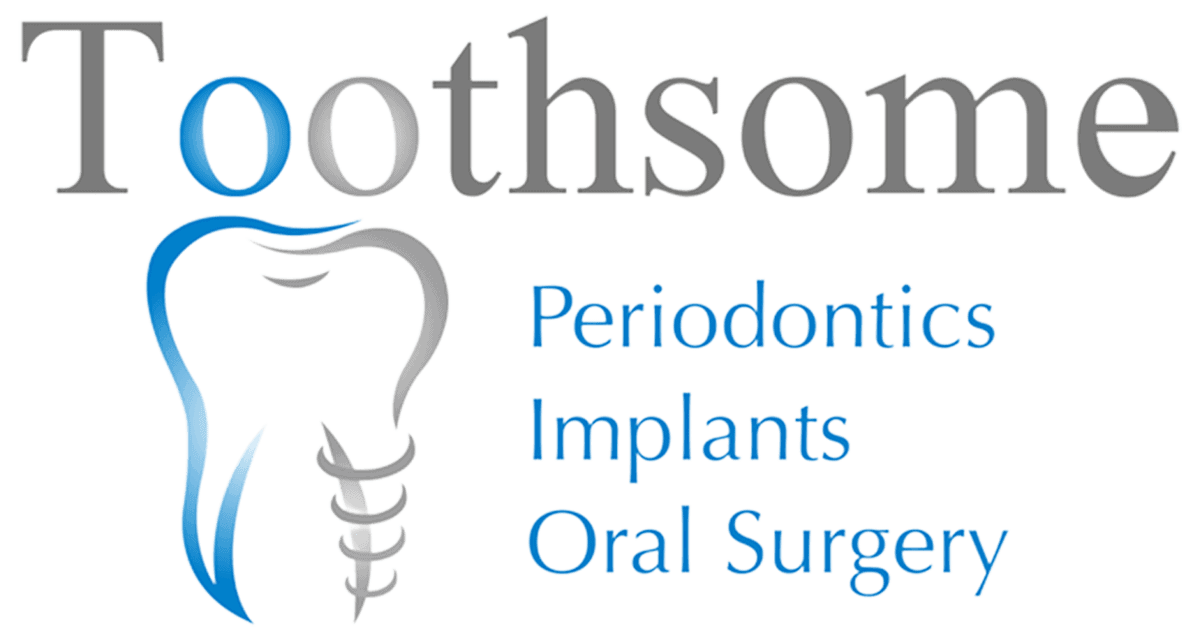
Dental implants and gum disease may have more in common than you think. Many patients receive dental implants as a result of severe gum disease and subsequent tooth loss. Patients with dental implants need to be aware of the signs and symptoms of gum disease that could result in implant failure.
To truly understand how dental implants and gum disease are related, let’s answer some basic questions.
What is Gum Disease?
Also known as periodontal disease, gum disease is a common dental concern. It is an infection of the gums that causes swelling, gum loss, and even tooth loss. Gum disease can increase your risk of stroke, heart attack, or coronary artery disease.
Gum disease occurs when bacteria from plaque irritate the gums. If the plaque isn’t removed through regular brushing and flossing, it can harden into tartar that only a dentist or dental hygienist can remove.
Symptoms of mild gum disease known as gingivitis are easy to spot at home. Common symptoms include red or swollen gums, bleeding while flossing, brushing or eating, and persistent bad breath.
More severe symptoms of gum disease that has progressed to periodontitis include pus between your gums and teeth, receding gums that expose more of your teeth, and open sores on your gums or in your mouth.
Does Gum Disease Cause Tooth Loss?
If left untreated, gum disease can cause infection, decay, and damage that results in tooth loss. The earlier you seek treatment of gum disease, the easier it is to prevent tooth loss.
There are several options to treat gum disease that your dentist can recommend, from scaling and root planing to gum grafts. Additionally, your dentist may recommend you come in more frequently for deep cleaning appointments to help heal your gums.
Should You Treat Tooth Loss?
No matter how you lost your tooth, treating tooth loss with a replacement like dental implants can improve the health of your gums. The open space in your mouth can increase your risk of developing gum disease.
Tooth loss can also result in bone loss in your jaw. Each tooth is supported by a small ridge of bone called the alveolar bone. When there is no tooth to support it, this bone gets reabsorbed by the body. Unless the tooth is replaced, more bone loss will occur. This is because the jaw requires pressure from chewing to maintain bone strength. If there is a gap on your jaw where no pressure from chewing is exerted, then the body will reabsorb the bone.
What Are Dental Implants?
Dental implants offer complete tooth replacement. They consist of a titanium post embedded in your jaw, which then fuses to the bone. Once healed an abutment is placed and finally, a tooth crown is attached to the abutment, restoring your smile and improving your life.
 Dental implants offer many benefits. They help prevent gum disease and bone loss by stimulating the hard and soft tissues, promoting cell regeneration. Dental implants allow you to speak and chew more easily. They also offer great stability and durability when compared with other tooth replacement options.
Dental implants offer many benefits. They help prevent gum disease and bone loss by stimulating the hard and soft tissues, promoting cell regeneration. Dental implants allow you to speak and chew more easily. They also offer great stability and durability when compared with other tooth replacement options.
Dental implants can replace a single tooth or multiple teeth. They are designed to match your natural teeth in shape, colour, and feel. Once they have healed over 3-6 months, dental implants fuse with your jaw resulting in a secure and durable tooth replacement.
Can You Receive Dental Implants if You Have Gum Disease?
Dental implants and gum disease are a bad combination. Even though gum disease can lead to tooth loss, you must first treat any gum disease before receiving an implant. This is because your gums and jaw need to be healthy enough to accept and support dental implants.
You should work with your dentist to determine the best way to heal your gum disease. Depending on how severe your presentation, you may need scaling and root planing, or gum grafts to build up the soft tissue to make your jaw healthy enough to receive a dental implant. The good news is that once your gum disease is healed, you will most likely be eligible to receive a dental implant.
Can You Get Gum Disease with Implants?
Dental implants do not prevent you from getting gum disease. Your risk of gum disease is the same as before you received your dental implant. Prevention is key to protecting your gums and preventing disease once you have dental implants. Proper oral care and regular dentist visits are important once you have a dental implant.
To prevent gum disease, you should brush and floss regularly, visit your dentist at least twice per year, and stop smoking. This can lower your risk of developing gum disease and peri-implantitis. Peri-implantitis is a gum disease around your dental implant that could result in implant failure if not treated appropriately.
A Final Word on Dental Implants and Gum Disease
Gum disease is still possible around dental implants and in patients with dental implants. Patients treated with dental implants benefit from awareness of gum disease, while those patients with gum disease benefit from knowing that dental implants are an option once they have healed.
No matter what, a focus on the prevention of recurrence is crucial. Remember to regularly visit your dentist for cleanings and seek additional care if you notice anything unusual about your oral health.
Call us now on (02) 8203 8786.
Note: Any surgical or invasive procedure carries risks. Before proceeding, you should seek a second opinion from an appropriately qualified health practitioner.


